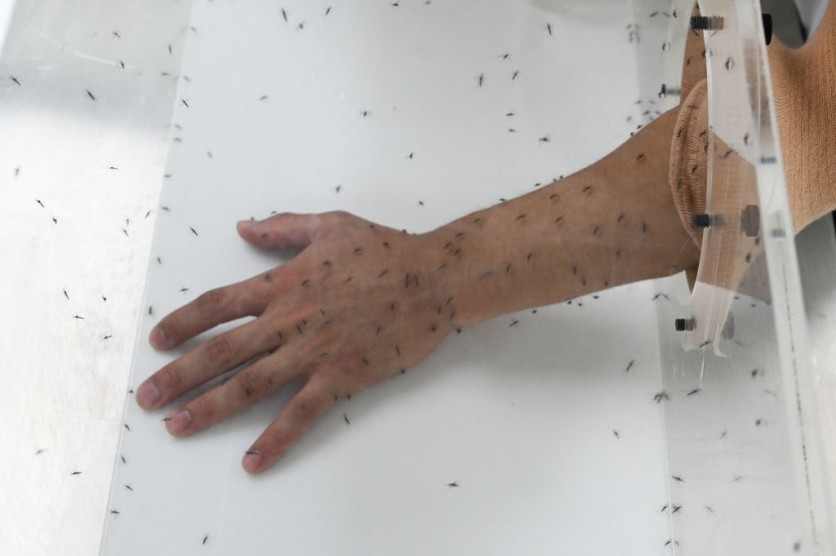Singapore is ramping up its fight against dengue fever, announcing a significant expansion of its Wolbachia program, CNA reports.
The initiative involves releasing male Wolbachia-carrying Aedes aegypti mosquitoes into specific areas to suppress the population of disease-carrying mosquitoes.

Releasing Wolbachia-Carrying Mosquitoes in Key Singapore Areas
The expansion, announced by Senior Parliamentary Secretary for Sustainability and the Environment Baey Yam Keng at the International Vector-Borne Diseases Conference, targets five new residential zones in the southern part of the country.
These areas - Bukit Merah - Telok Blangah, Clementi - West Coast, Commonwealth, Holland, and Marine Parade - Mountbatten - have been strategically selected based on historical dengue risk, mosquito population, and the National Environment Agency's (NEA) production capacity for these mosquitoes.
The move is set to significantly boost the coverage of Wolbachia-carrying mosquitoes from 26% to 35% of all households in Singapore, encompassing both public housing and landed estates.
Commencing in the first quarter of 2024, the releases aim to curb dengue transmission by interrupting the reproduction of Aedes mosquitoes.
What Is Project Wolbachia?
Under Project Wolbachia, male mosquitoes carrying the Wolbachia bacteria are released to mate with female Aedes mosquitoes.
The resulting eggs do not hatch, ultimately reducing the population of disease-transmitting mosquitoes. Notably, these male mosquitoes do not bite and cannot transmit diseases as they exclusively feed on plant juices.
NEA's efforts are grounded in promising results from existing study sites. Dengue mosquito populations in selected study sites saw a reduction exceeding 90%.
Residents in these areas, benefiting from at least a year of releases, were up to 77% less likely to be infected with dengue, as per NEA's data.
However, the effectiveness of Wolbachia technology has shown variations across different sites and years, prompting the agency to stress the need for ongoing research and development.
The technology is seen as a valuable but not standalone solution, considering the challenges posed by multiple dengue virus serotypes and the resilience of Aedes mosquitoes.
In conjunction with the Wolbachia program, NEA is utilizing data analytics and artificial intelligence to optimize mosquito deployment. This strategic approach aims to reduce the number of male mosquitoes required for effective dengue suppression in these areas.
What's Next?
Looking ahead, NEA is planning long-term strategies to fortify Wolbachia operations. This includes developing an additional source of Wolbachia-carrying mosquitoes beyond their current capacity, a move intended to increase resilience and expand the program further. The agency will engage the industry to meet this enhanced capacity's technical and user requirements.
While the Wolbachia initiative exhibits significant potential for dengue control, NEA emphasizes the need for continued community efforts to combat mosquito breeding.
Stay posted here at Tech Times.
Related Article : US FDA Grants Historic Approval to Ixchiq: First-Ever Vaccine for Chikungunya Virus

ⓒ 2025 TECHTIMES.com All rights reserved. Do not reproduce without permission.




